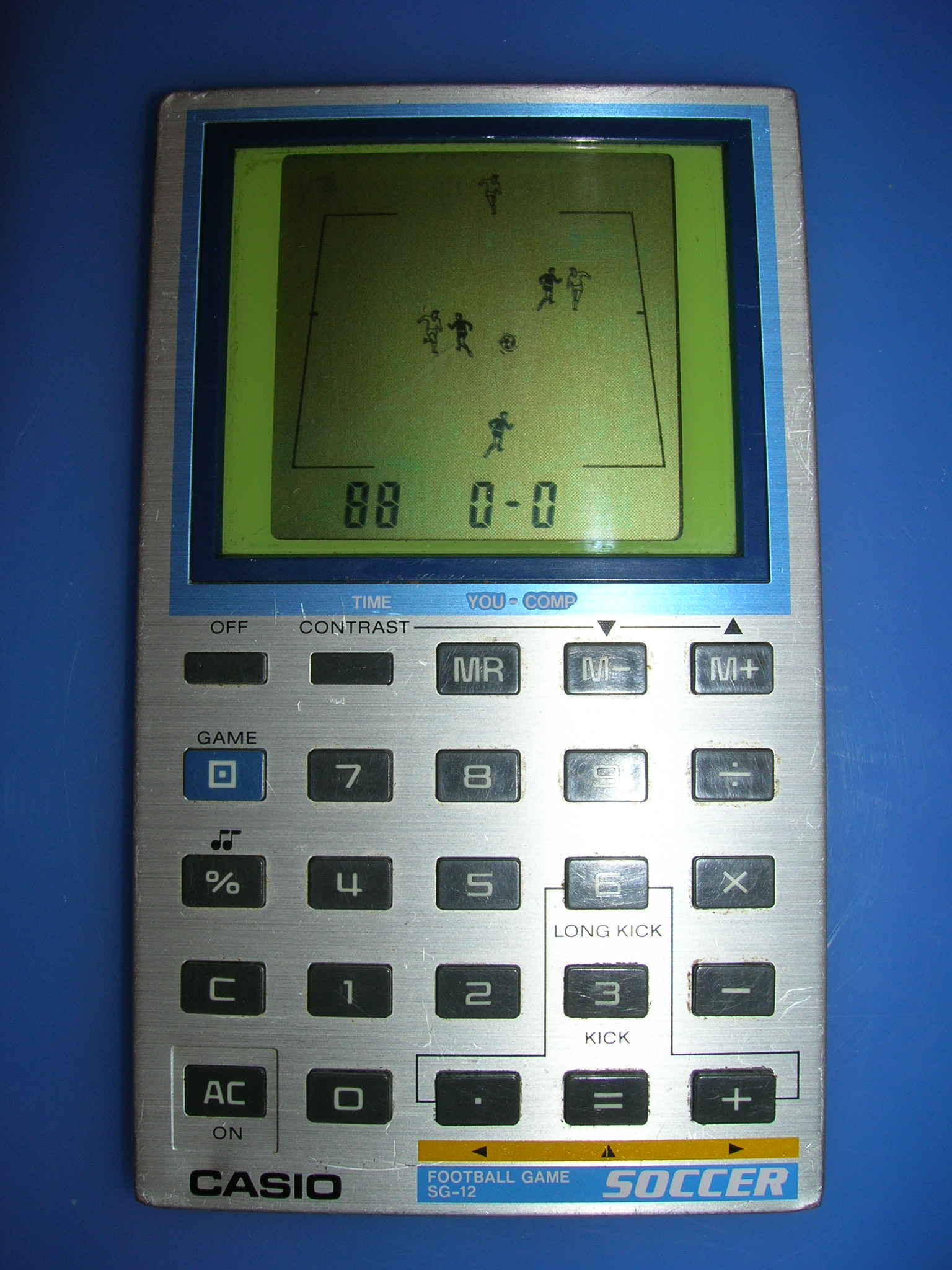What videogames are?
In this article I try to include a much overlooked factor on the multiple attempts to define what a videogame is. I do so by explaining what my personal experience was when playing my first videogame at the age of 5.

What videogames are? Why do we play them?
Have you ever asked yourself what games are? Many game designers have attempted to define it through words. Some of them are kind of “aseptic”, in the sense that they try to describe the experience in a rational way.
Raph Koster is the one that personally I think hits nearer on defining what a game is and what effects have upon us. In a past Gamasutras' article you can read:
Koster sees fun as very dependent on the neurotransmitter of reward, dopamine. "Dopamine is really interesting because it specifically enhances learning and memory. Specifically it relates to predicting rewarding outcomes, which funny enough, is a lot of what we play games for," Koster explains. "It is a teaching signal to the brain. It gets dumped in you when there are unpredictable situations as well, in order to encourage you to solve them. It also decreases inhibition."
That’s right, but I again personally think it’s not part of the whole picture. We do forget about maybe the most important aspect, the emotional impact the game has on us. What’s first, dopamine segregation on the blood or the shock in the solar plexus, where emotions lie, when we happen to be amazed by the results of our actions or the AI when playing a videogame? Emotional understanding has no words, only the mind can afterwards try to explain what we experienced through words, so the emotional ingredient must come first...
I do remember when my cousin played a football game on a Casio Calculator when I was 5... I could see him smashing buttons, and I could see the football player moving around, kicking the ball and scoring.. Before I could have the chance to play the game, I had a frame of reference grounded in reality, as at elementary school we played soccer. Thus, I could understand I had to introduce the ball to the opponent’s goal.
BUT I could not yet understand how pressing those so many buttons made the magic happen... so I decided to look what keys my cousin was pressing... of the 20 keys a calculator had, he was only pressing five...

The first game I played on a Casio Calculator...
He then went to take a break, so I grabbed the calculator, and decided to imitate what he was doing...
First I started pressing those keys all at once like a monkey. I saw the players move on the screen. Then one of the soccer players of my team happened to have the ball, and by chance I pressed the pass button. Whoa! that was amazing! Then I could move the player that received the ball and do the same! What sense of mastery! But then I lost the ball... What do I do now?
So I started smashing buttons like crazy.
Then I robbed the ball to an opponent, but didn’t know how I did that... there must be a combination that allowed me to do it... so i started to alternatively press keys... and then another amazing thing happened... by pressing right-left or left-right when I was at the opponent player’s side that had the ball, I could steal him the ball... Whoa again! now I could move around, steal the ball and pass it... discovering how to shoot was easy at I had only one key left to try, and voilà, I shoot the ball!
Now I had the mastery to play the game and know what to do. The process was a combination of observation, sending brain orders to the body to smash buttons, learning new skills by inferring what the result of this brain orders had on the screen, call them actions if you want, and then combining them to reach the ultimate goal, scoring at the opponent’s goal.
Then, the game increased its difficulty match after match by making the opponents move faster, so the timing when performing each action I learned was important, and this sole factor make the game more thrilling, call it emotional, as I had to focus all my senses in both executing the learnt actions to avoid the IA defeating me.
Now I was not a monkey anymore smashing buttons of a cold calculator, but the calculator was a extension of me in a sense.
During many years I wondered how it was possible that one could press a piece of plastic and see some graphics on the screen moving and doing things, or how the opponents were so intelligent to try to steal you the ball and try to score on your goal... That was pure alchemy!
I think this sense of wonder and discovery, along with the mastery of the game’s allowed actions, is what makes games so special and different of other media.
So if I had to define what games are, I would resume it like this:
Games are the experience of amazement and fun that happen by learning new skills that can be applied to the consecution of a definite result that ultimately triggers a sense of achievement.
What do you think of this definition?
Read more about:
BlogsAbout the Author
You May Also Like









